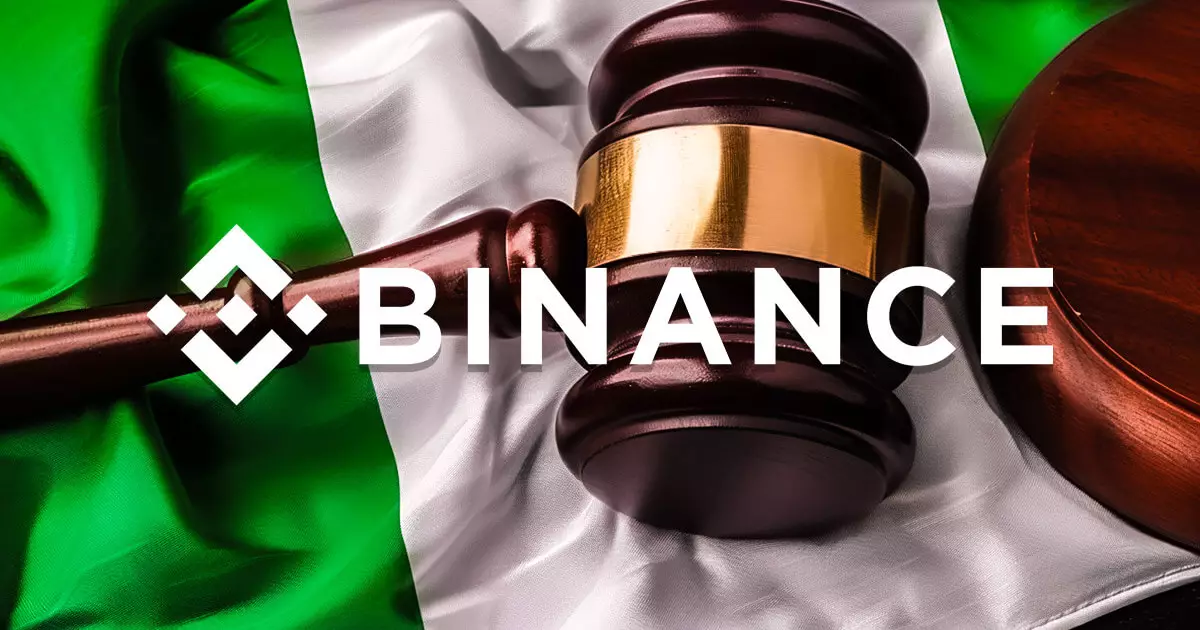Olubukola Akinwumi, the deputy director of the Central Bank of Nigeria (CBN), recently made allegations against cryptocurrency exchange Binance. According to Akinwumi’s testimony in a legal case brought by the Economic and Financial Crimes Commission (EFCC), Binance and its executive, Tigran Gambaryan, are being accused of conducting transactions that are typically reserved for authorized banks and financial institutions. The accusations claim that Binance has been involved in alleged money laundering activities to the tune of $35.4 million.
Akinwumi specifically pointed out that Binance allows Nigerian users to conduct transactions using pseudonyms on its platform, which goes against the rules set by the Central Bank of Nigeria. These rules mandate that individuals involved in financial transactions must disclose their true identities. Additionally, Akinwumi highlighted that Binance’s peer-to-peer (P2P) platform, where users can transact directly, involves the transfer of the Nigerian fiat currency, Naira. This activity was deemed to be in violation of the CBN’s regulations.
It is worth noting that in response to government scrutiny, Binance discontinued its P2P feature for Nigerian users earlier this year. Despite this move, the CBN’s concerns regarding the unauthorized transactions persisted. Akinwumi also mentioned that Binance allows Nigerians to deposit and withdraw Naira from the platform using a ‘cash link,’ which is a regulated activity under the CBN’s jurisdiction. It was emphasized that Binance is not licensed by the CBN as a payment service provider, further complicating the situation.
Nigeria’s recent crackdown on cryptocurrency service providers stems from the National Security Adviser’s classification of crypto trading as a national security threat. This shift in stance towards cryptocurrencies marked a significant turning point, especially considering that the CBN had lifted a two-year ban on crypto transactions just a few months prior. The Securities and Exchange Commission (SEC) of Nigeria also issued a 30-day window for crypto exchanges and digital asset traders to re-register their businesses under the new regulatory framework, with enforcement actions threatened for non-compliance.
The accusations made by the Central Bank of Nigeria against Binance shed light on the challenges faced by cryptocurrency exchanges operating in a rapidly evolving regulatory landscape. The outcome of the ongoing trial and the subsequent actions taken by both Binance and the regulatory authorities will undoubtedly have far-reaching implications for the future of cryptocurrency trading in Nigeria.

